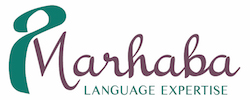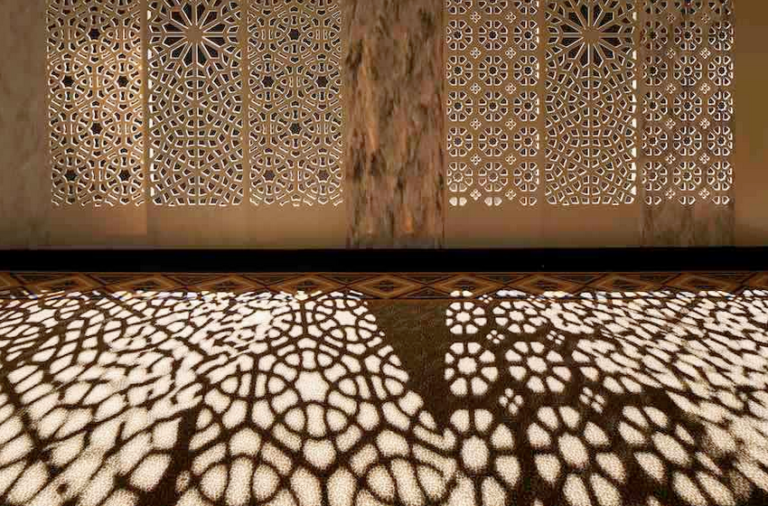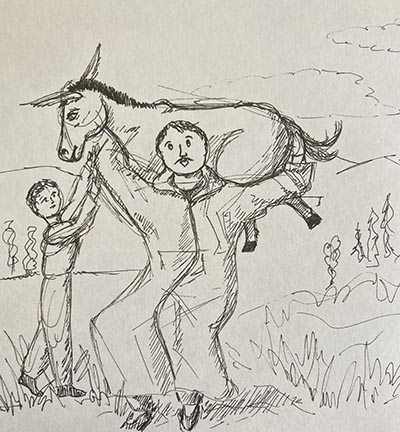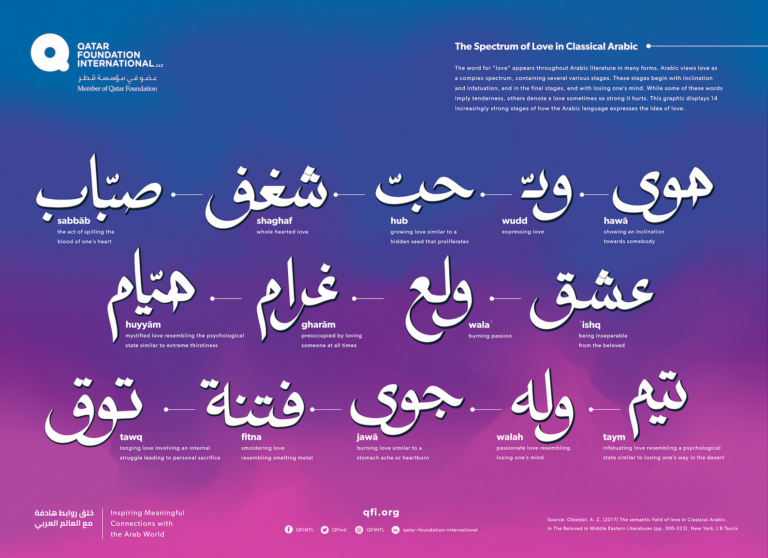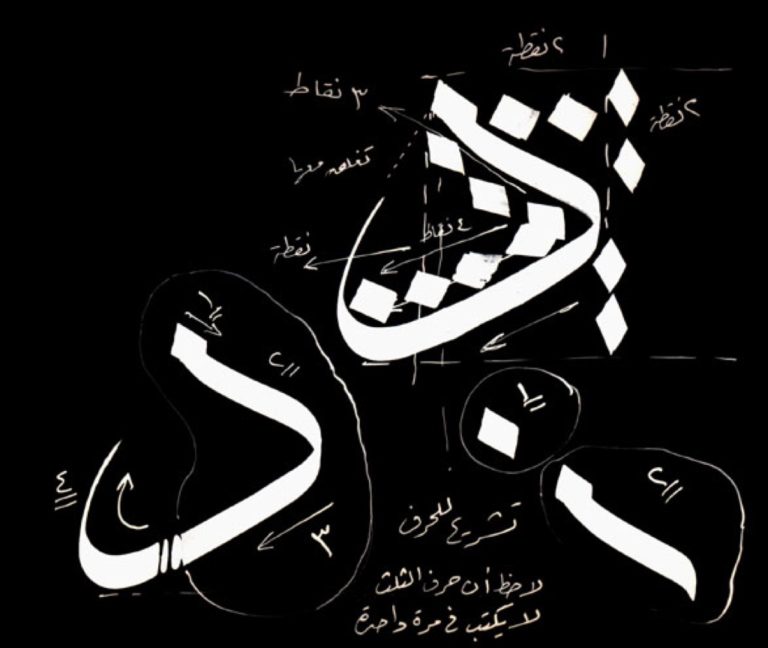Prize-Winning Story Arabic and English
I lived in Cairo 2004-2005, attending the Center for Arabic Studies Abroad (CASA) program and interning at the UNESCO Cairo Office. Toward the end of my time in Cairo, a story I wrote in Arabic won first place in a writing contest. I’m sharing it with you here, with elegant English translation by Lily Sadowsky….
